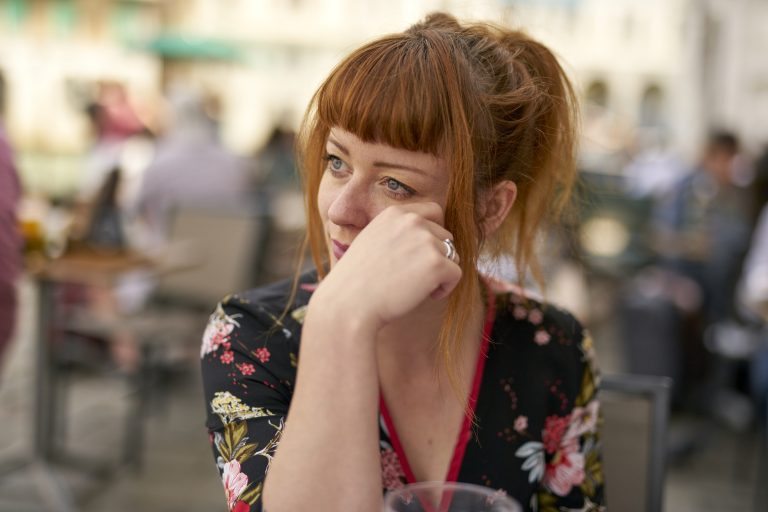Labels like “introvert” and “extrovert” are everywhere. Personality quizzes, MBTI results, and social media posts make it seem as though these categories define who we are and how we function. Yet many people use these labels in ways that don’t actually match the science behind them.
Introverts are often described as people who “don’t like socializing,” while extroverts are seen as people who “always love being around others.” But those are oversimplifications. Introversion and extroversion are not about liking people. They’re about energy. Extroverts gain energy from being with others, while introverts recharge by being alone.
Social anxiety is something different altogether. It is not about energy, but about fear. The fear of being judged, embarrassed, or rejected can make social interaction mentally draining. As a result, many people that have social anxiety think – or call themselves – introverts. Not only is that not necessarily true – there is even reason to believe that the desire to treat social anxiety is, itself, a possible sign of extroversion.
Why Social Anxiety Can Be Mistaken for Introversion
When someone has social anxiety, their brain is in constant overdrive during social interactions or events with a lot of people. They may be:
- Monitoring every word they say
- Replaying conversations in their head
- Worrying about how others perceive them
- Feeling physically tense or on edge in social situations
That level of mental and physical effort is exhausting, all while they spend most of the time in silence or stumbling to talk. It’s no wonder, then, that after a night out they may feel depleted.
On the surface, that looks like introversion — someone who gets tired from socializing. But the underlying reason is different. They are not drained because they are introverts. They are drained because anxiety turns socializing into a stressful event.
An extrovert with social anxiety may still want to be at the party, join the group, or connect with people. The desire is there. What blocks them is fear.
How to Tell the Difference
Distinguishing between introversion and social anxiety requires looking deeper than whether you feel tired after social events. Ask yourself:
- Do I want to connect, but feel held back? Extroverts with social anxiety often avoid gatherings while wishing they could participate. Introverts, on the other hand, typically choose solitude because it feels restorative.
- When I feel safe, do I enjoy being around people? Someone with social anxiety may find that once fear lessens – perhaps in therapy, or with a trusted group – they feel energized and uplifted. Introverts, even in comfortable settings, usually still feel the need to recharge alone afterward.
- Am I worried about judgment, or simply uninterested? Social anxiety is tied to apprehension and fear of negative evaluation. Introversion is tied to preference. The difference matters.
Mislabeling social anxiety as introversion can hold people back. If you assume you are simply “the type of person who doesn’t like being social,” you may accept avoidance as part of your personality rather than recognizing it as anxiety that can be reduced or treated.
Therapy for social anxiety often reveals that many people who thought of themselves as introverts are actually extroverts who enjoy connection — once the fear is no longer in the way. As anxiety decreases, they often find themselves energized by the very interactions they once avoided.
Rethinking the Relationship Between Anxiety and Personality
The idea that introverts are “shy” and extroverts are “outgoing” is inaccurate. Someone can be introverted and socially skilled, or extroverted and socially anxious. Social anxiety is not a personality trait. It is a condition that overlays personality, sometimes hiding someone’s natural tendencies.
If you feel drawn to connection but find that fear stops you from engaging, it may not mean you’re an introvert. It may mean you are an extrovert whose personality has been overshadowed by social anxiety — and with the right support, you can rediscover the energy and enjoyment you get from being around others.
Reach out to me today to get started.

